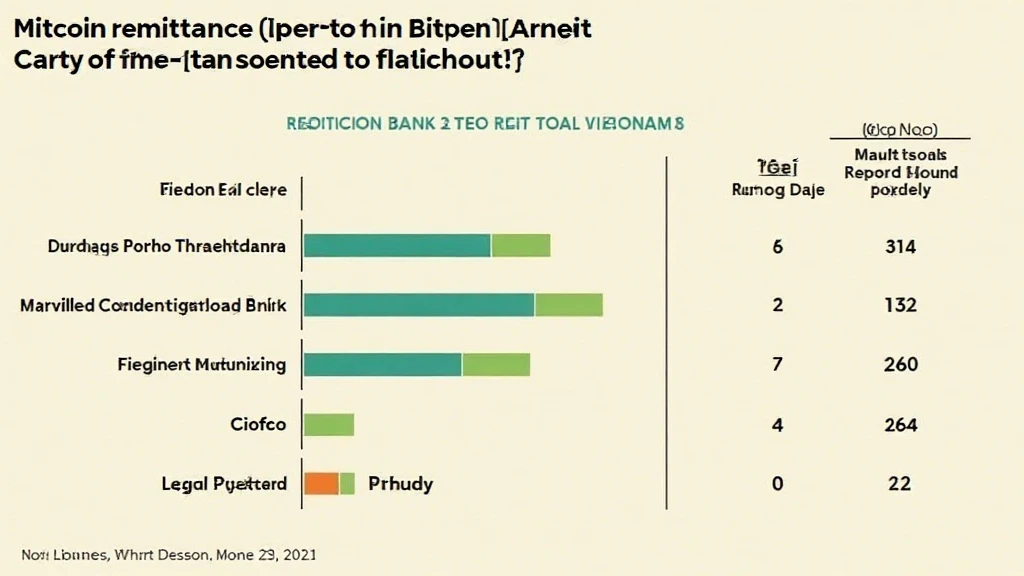Mastering Bitcoin DeFi Liquidity Management
With an astounding $12 billion locked in Bitcoin DeFi protocols as of early 2024, the market has witnessed unprecedented growth. However, alongside this growth comes the challenge of effective liquidity management. This article aims to delve into Bitcoin DeFi liquidity management, providing insights and actionable strategies to enhance your participation in this evolving sector.
Understanding DeFi and Its Importance
Decentralized Finance (DeFi) represents a paradigm shift in how financial services are delivered, leveraging blockchain technology to allow for greater accessibility and transparency. Here’s why it matters:
- Accessibility: Users can access financial services without traditional banks.
- Transparency: All transactions are recorded on a public ledger, fostering trust.
- Innovation: New financial instruments emerge, offering unique investment opportunities.
Liquidity Management in DeFi
Liquidity management in DeFi refers to optimizing your assets to ensure sufficient capital is available for trading or lending. Simply put, think of liquidity as the speed and ease with which you can convert an asset into cash without impacting its price. Effective liquidity management can drive your returns significantly.

Why is Liquidity Crucial?
Here’s the catch: without adequate liquidity, your assets can become illiquid, making it difficult to sell or use them when needed. Factors to consider include:
- Market Volatility: High volatility can cause liquidity to dry up.
- Funding Costs: Insufficient liquidity can lead to increased transaction costs during trading.
Strategies for Effective Liquidity Management
1. Identify Key Liquidity Pools
Your first step should be identifying the liquidity pools with high trading volumes. Consider the following:
- Trading Pairs: Look for pairs that are commonly traded.
- APY Rates: Assess the annual percentage yield offered on liquidity pools.
2. Diversify Your Assets
Just like diversifying a stock portfolio, diversifying your DeFi investments can reduce risk:
- Variety of Coins: Don’t put all your Bitcoin into one pool.
- Staking Opportunities: Explore staking potential across different platforms.
3. Utilize DeFi Tools
Several tools exist to manage your liquidity effectively:
- Portfolio Trackers: Use tools to monitor your assets efficiently.
- Automated Market Makers (AMMs): These platforms assist with liquidity provisioning.
Evaluating DeFi Projects for Safety
With myriad projects available, ensuring the safety and legitimacy of DeFi projects is paramount. Here’s how to evaluate:
- Smart Contract Audits: Check if the project has undergone audits from reputable firms.
- Community Feedback: Engage with other users to gauge the project’s reliability.
The Case for Vietnam’s DeFi Expansion
Vietnam’s crypto user base has grown exponentially, reaching over 5 million in 2023. With such growth, the DeFi landscape in Vietnam presents unique opportunities.
- Innovation: Local developers are creating tailored DeFi solutions.
- Government Interest: Legislative movements towards crypto regulation can stimulate market growth.
Real-World Examples of Successful Liquidity Management
Several prominent examples demonstrate effective liquidity management:
- Uniswap: Exemplifies automated trading with robust liquidity pools.
- Curve Finance: Tailors liquidity for stablecoin swaps, enhancing efficiency.
Conclusion
In conclusion, mastering Bitcoin DeFi liquidity management is pivotal for maximizing your returns in the crypto market. By utilizing effective strategies and staying informed about the latest trends, you can enhance your investment experience. As the DeFi landscape continues to evolve, adaptability will be your greatest asset.
For comprehensive insights on the crypto market, visit cryptocoinnewstoday.
Author: Dr. Minh Nguyen, a blockchain technology researcher and author of over 15 papers in the field, known for leading audits on significant crypto projects.





